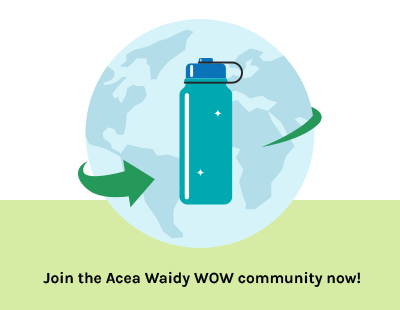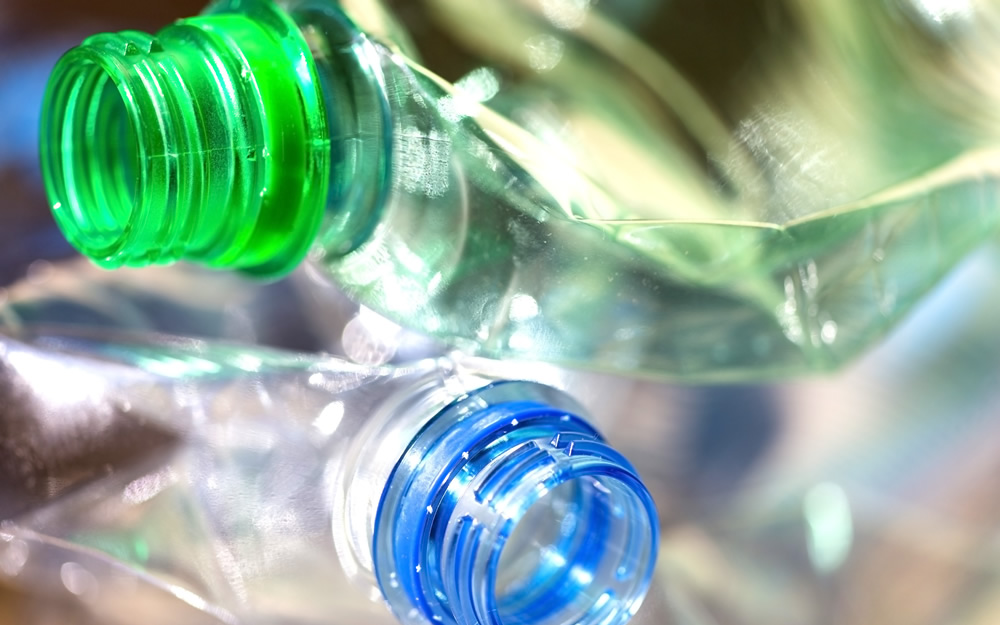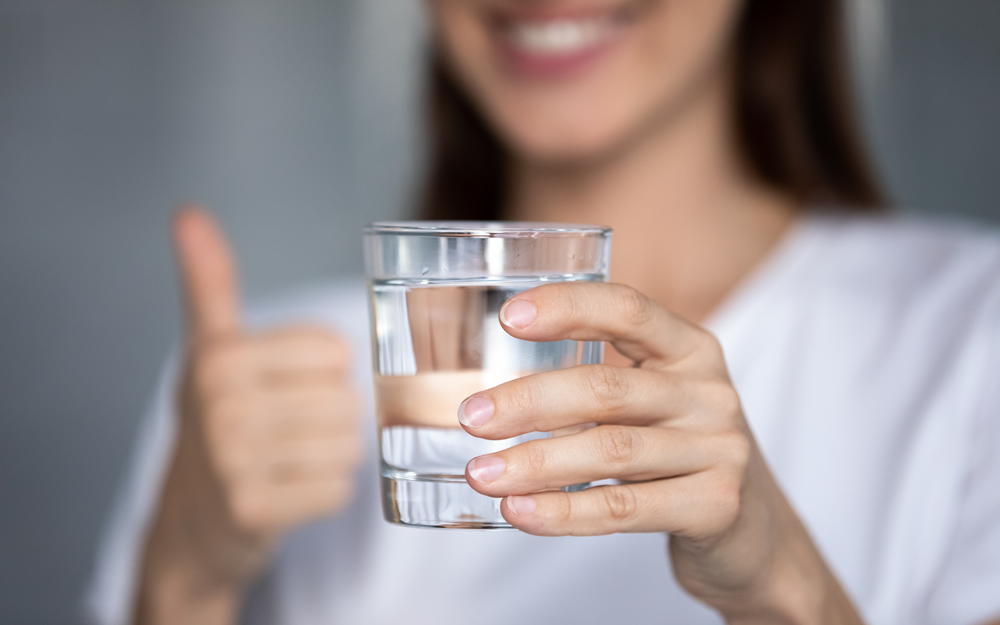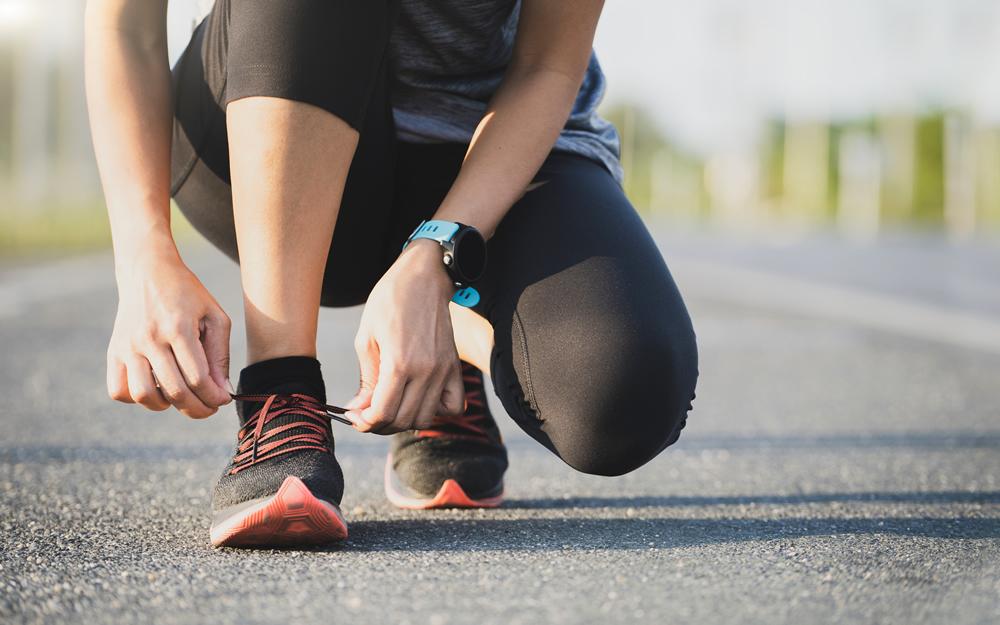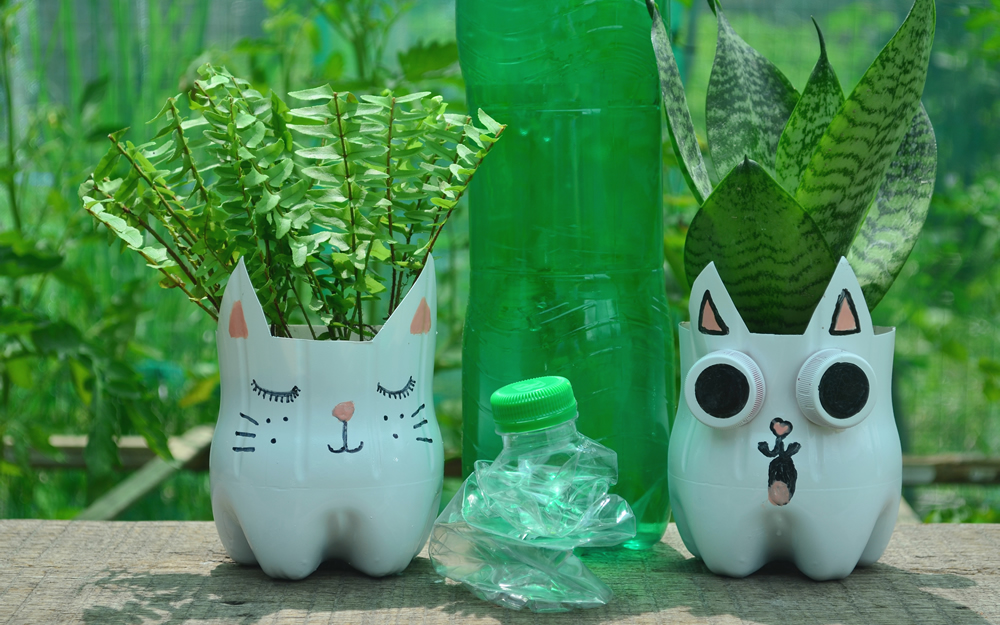- Home /
- Green life /
- Sustainable diet: 10 tips to eat green
Sustainable diet: 10 tips to eat green
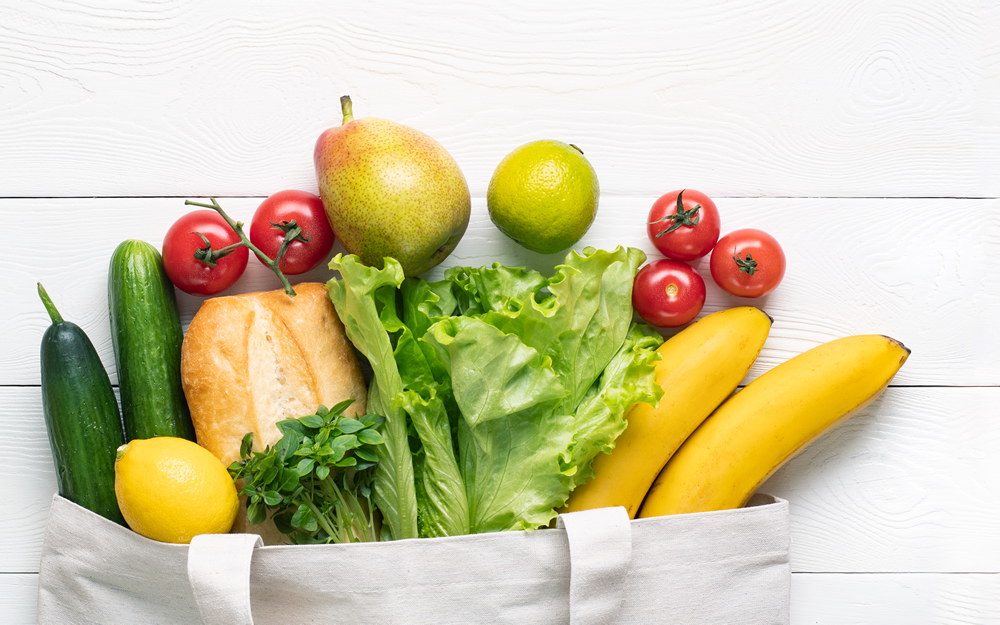
We are accustomed to thinking about our diet in connection with our own well-being - as something which affects only us. But the choices we make in the supermarket have consequences that extend far beyond the reach of our waistbands, and can make a difference not only in our health, but also in the planet’s. When you make sustainable food choices, you are helping to reduce the environmental impact of the food industry. In other words, this is a farsighted choice with positive consequences not only for you personally, but also for the ecosystem as a whole - now and in the future. But let's find out more.
What is a sustainable diet?
The best definition of sustainable food is the one given by FAO1 in 2010 and whose principles are also included in the UN's 2030 Agenda. A sustainable diet is one with a "low environmental impact", which "protects biodiversity and ecosystems" and promotes "the optimisation of natural and human resources".
10 tips for a sustainable diet
Would you like to make your diet more sustainable? Here are 10 tips to help you along the way.
- Reduce meat consumption, especially red meat. Intensive animal rearing is responsible for 14.5% of greenhouse gas emissions2.
- Avoid waste. Did you know that about a third of world food production is lost or wasted? So, to avoid finding expired or rotten food in the fridge again, plan your meals and only buy what you will really use.
- Eat seasonal fruits and vegetables. Fresh foods that locally are out of season have travelled a long way before arriving on your plate and are therefore less sustainable.
- Opt for organic foods, produced without pesticides via more eco-friendly cultivation methods.
- Leave pre-made food on the shelves and cook from scratch. This reduces the amount of unnecessary plastic packaging in circulation, which often ends up polluting the environment.
- Consider whole-grain alternatives. The production of whole-grain cereals uses less water and energy than their more processed counterparts.
- Buy local produce. Buying locally avoids the pollution caused by transporting food.
- Eliminate processed foods. A far greater amount of resources is used in their production and they are bad for your health!
- Choose meat from organic farms: an ethical and sustainable choice based on farming practices that respect the environment and the animals; besides reducing carbon dioxide emissions and safeguarding animal health, organic free-range farming can also help mitigate phenomena such as desertification!
- 10. Eat nutritious, green foods. Whole-grain cereals, fruit and vegetables (including root vegetables), nuts, seeds and dried fruit: not only are they all excellent for your health, they also represent an optimal balance between nutritional value and the resources used in their production.
The green breakthrough of eco-friendly packaging
Even the choice of packaging can revolutionise your diet with a green twist. A conscious consumer can decide to buy products that comply with environmental regulations in terms of sustainable, recyclable and reusable food packaging. An on-trend material for eco-friendly producers is corrugated cardboard: it allows fruit and vegetables to be stored at their best, accompanying them in their natural ripening process.
A new groundbreaking point in ecological packaging has been reached with the recycling of organic fibres, starch, algae and peelings: these materials allow food to be stored properly, cut CO2 emissions and decompose in just a few weeks!
And last but not least... drink sustainably too!
Italy is one of the biggest consumers of bottled water in the world, yet annually less than 40% of plastic bottles are recycled3.
For a diet that is fully sustainable, we also need start drinking in an environmentally friendly way. Grab a refillable water bottle and consult Acea Waidy Wow, the app which tells you where the nearest public water access points are. Fresh, free, 100% sustainable water at your fingertips.
1 Source: FAO
2 Source: WWF
3 Source: Greenpeace
